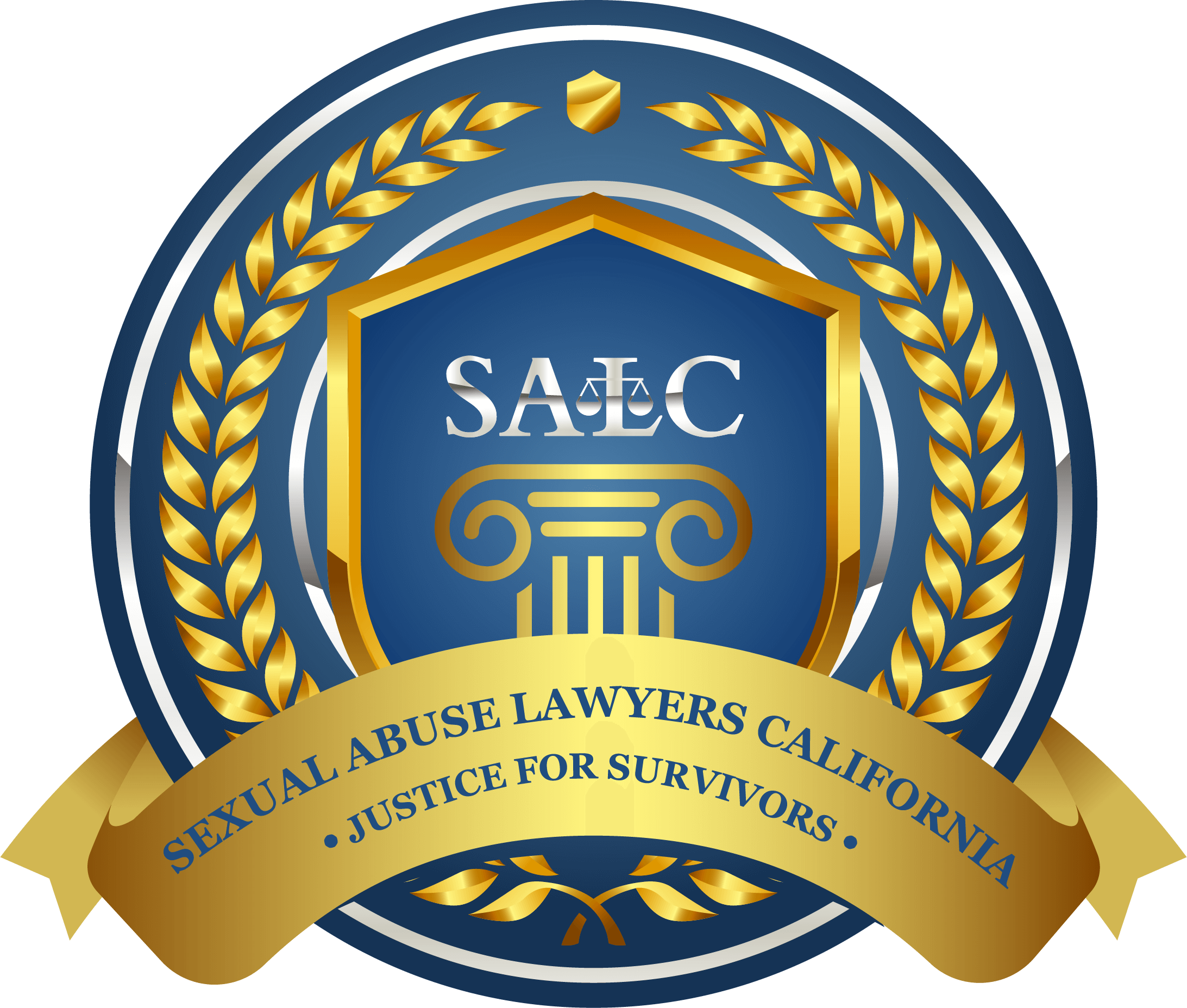Putting the Problem in Perspective
An under-discussed epidemic that affects innumerable individuals, sexual assault in hospital settings is a truly disturbing reality. Abuse can occur at hospitals, which are supposed to be places of healing and trust, and survivors of such occurrences often require a lot of assistance. The shame and fear of consequences make it difficult to talk about this kind of abuse, but it’s important that we do so because it’s so common. It is crucial to have readily available support networks and resources for victims, as they may find it difficult to speak up and seek justice when they are in a vulnerable state.
A sex assault attorney’s services are important in such a case. Not only do these attorneys aid survivors in understanding and navigating the legal system, but they also serve as an important advocate for survivors’ rights. Survivors can take control of their own healing and justice process by learning about their rights, legal alternatives, and possible routes for recourse.
But it’s not just lawyers who are needed. There must be robust networks of care that provide access to mental health professionals, peer support, and educational opportunities. After enduring sexual abuse in a seemingly safe environment, such as a hospital, victims can begin to heal and rebuild their sense of trust and safety with the support of these services. The first step in making the facility safer and more accommodating for all patients is to acknowledge the problem and find a solution.
Survivors’ Personal Narratives
A wide range of emotions, from shock and astonishment to rage and sorrow, can accompany survivors of dental sexual abuse on their often-complicated emotional journey. Victims of intimate partner violence in healthcare settings may develop severe feelings of fear and mistrust, which can have a negative effect on their health and their ability to communicate with medical professionals in the future. Validation and emotional support are crucial on this path. Not only does it help people feel better, but it’s also an important part of their healing process that will aid in reestablishing trust and giving them back control of their lives.

Legal Support and Advocacy
For survivors of hospital abuse, navigating the legal landscape can be daunting. Understanding one’s rights and the available legal options is crucial in seeking justice and closure. The first step often involves reporting the abuse, a process that varies depending on the hospital’s policies and local laws. It’s important to document all details of the incident and seek legal advice as early as possible.
Legal advocates and advisors play a pivotal role in this journey. They offer guidance on the complexities of the legal system, including how to file a lawsuit, if applicable. These professionals are equipped to handle the intricacies of cases involving medical institutions, which often have robust legal defenses. They help in gathering evidence, representing the survivor in court, and ensuring that their voice is heard and their rights are protected throughout the legal process.
Moreover, legal support extends beyond the courtroom. Advocates can also assist in dealing with insurance claims, employment issues that may arise due to the incident, and any other legal matters related to the abuse. This comprehensive approach ensures that survivors are not only heard but also supported in every aspect of their fight for justice and healing.
Mental Health Resources
The mental health impact of hospital abuse is profound, often necessitating specialized counseling and therapy to aid in the healing process. Professional mental health support, tailored to the unique needs of survivors, is essential in addressing the complex trauma experienced. Therapists trained in trauma-informed care can provide a safe space for survivors to process their experiences, work through feelings of fear, guilt, and shame, and develop coping strategies to manage the psychological aftermath of abuse.
Options for mental health support range from individual therapy, which offers personalized attention and care, to group therapy, where survivors can find solace and understanding among peers with similar experiences. Cognitive Behavioral Therapy (CBT) and Eye Movement Desensitization and Reprocessing (EMDR) are among the effective therapies for trauma-related issues. These therapies help in reprocessing traumatic memories and in reducing the long-term impact of trauma.
Additionally, many organizations and support networks offer free or low-cost counseling services specifically for survivors of abuse. These resources ensure that financial constraints do not hinder one’s access to necessary mental health care. Engaging with professional mental health support is a vital step in the journey towards recovery, helping survivors reclaim their mental well-being and move forward with resilience and strength.

Community and Peer Support Groups
Community and peer support groups offer invaluable resources for survivors of hospital abuse. These groups create a network of understanding and empathy, connecting individuals who share similar experiences. Engaging with others who have faced comparable challenges provides a sense of belonging and reduces feelings of isolation. In these safe spaces, survivors can openly share their stories, gain insights from others’ journeys, and find mutual emotional support. The communal aspect of these groups fosters a supportive environment that can significantly enhance the healing process. Finding and participating in such groups can be a powerful step towards recovery, offering comfort, strength, and solidarity.
Navigating Healthcare Post-Abuse
Returning to a healthcare setting after experiencing abuse, especially if it involved nurses sexually abusing patients, can be incredibly challenging. It’s important for survivors to find healthcare providers they can trust. Researching healthcare facilities, seeking recommendations from trusted sources, and having open conversations with potential healthcare providers about one’s concerns can be helpful. It’s also beneficial to bring a supportive friend or family member to appointments. Choosing healthcare professionals who are sensitive to the needs of abuse survivors and who have a good track record of patient care can create a safer, more comfortable environment for continued medical treatment.
Empowerment through Education
Education is a powerful tool for survivors of hospital abuse. Understanding their rights, both legally and within healthcare settings, is crucial. Survivors should be informed about how to report abuse, protect their privacy, and navigate the healthcare system post-abuse. Educating oneself about self-care practices, including mental health maintenance, is also vital. Knowledge equips survivors with the tools to advocate for themselves, fostering a sense of control and empowerment. Awareness of these aspects not only aids in the healing process but also helps in preventing future instances of abuse.

Moving Forward: The Path to Healing
Healing and rebuilding life after trauma is undoubtedly challenging, yet entirely possible. It is essential for survivors to recognize that healing is a personal and non-linear journey. Seeking and utilizing available resources, such as counseling, support groups, and legal aid, can provide necessary support. Embracing self-care, allowing oneself time to heal, and gradually rebuilding trust in healthcare environments are integral parts of this journey. The path to recovery may be long, but with the right support and resources, survivors can navigate this path successfully.
Key Takeaways and Additional Resources
This article has explored the critical support systems available for survivors of hospital abuse, emphasizing the importance of legal support, mental health resources, community connections, and educational empowerment. For additional assistance, survivors can refer to organizations like RAINN (Rape, Abuse & Incest National Network) and The National Center for Victims of Crime, which offer resources, advocacy, and support. Remember, healing is possible, and numerous resources are available to aid in this journey.










